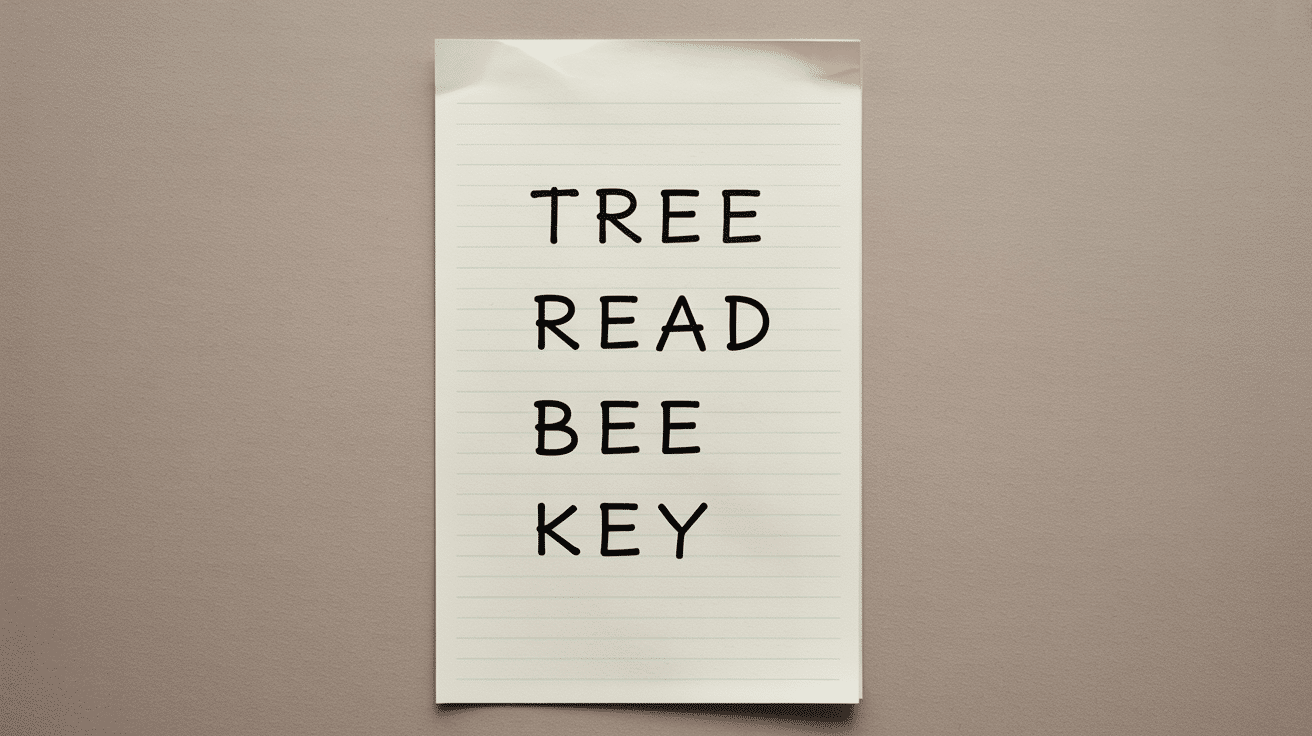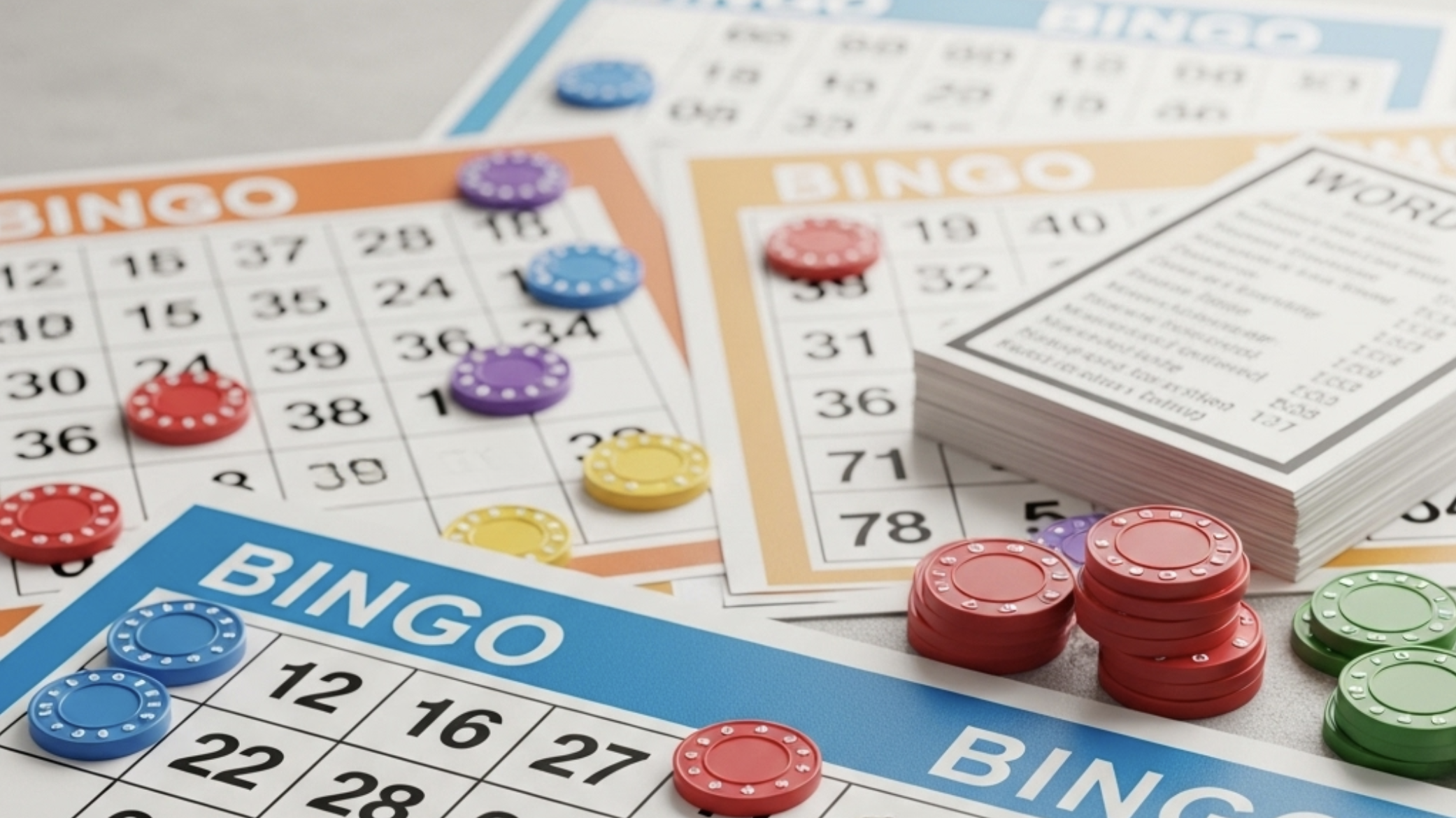Many people struggle when trying to expand their vocabulary and find themselves repeating the same basic words.
That frustrating feeling hits when someone wants to express something complex but can’t find the right term. Building a stronger vocabulary requires practice and access to quality word lists.
This collection of long e words will provide readers with plenty of new terms to enhance their speaking and writing abilities. The words come with helpful definitions and practical examples.
What are Long E Words and Why are they Important?

Long E words contain the vowel sound that stretches out when spoken, like the “ee” in “tree” or “ea” in “beach.” These words make up a significant portion of the English language and appear in everyday conversations.
Understanding these words helps people communicate more clearly. When someone knows how to use long vowel E words properly, their speech sounds more natural and confident.
Here’s why these words matter so much:
- Better Reading Skills – Recognizing these sounds helps readers decode new words faster
- Clearer Speech – Proper pronunciation makes conversations flow smoothly
- Writing Improvement – Using varied vocabulary keeps readers interested
- Academic Success – Many academic terms follow these patterns
Teachers often focus on these words because they follow predictable spelling patterns. Students who master these sounds can tackle more complex texts with ease. The patterns also help with spelling, since many long vowel E words share similar letter combinations.
Different Ways to Spell the Long E Sound

The long E sound appears in English through several different spelling patterns. Writers and speakers encounter these various combinations daily without realizing how many different ways exist to create the same sound.
1. EE Pattern: This double letter combination creates the clearest long E sound in words like “tree,” “sweet,” and “sleep.” Students often learn this pattern first because it sounds exactly like the letter name itself.
2. EA Combination: Many common words use this spelling pattern, including “read,” “beach,” and “teach.” This combination appears frequently in everyday vocabulary and helps expand word recognition skills.
3. E at Word Endings: Single letter E creates the long sound in short words such as “me,” “he,” and “she.” These simple words form the foundation for understanding longer, more complex terms.
4. IE Pattern: Words like “field,” “piece,” and “brief” showcase this less common but important spelling combination. This pattern often appears in long e words that carry more sophisticated meanings.
5. EI Combination: Though less frequent, this pattern appears in words like “receive” and “ceiling.” The “i before e except after c” rule helps students remember when to use this spelling.
6. Y Endings: Words ending in Y often produce the long vowel E sound, particularly in terms like “happy,” “story,” and “candy.” This pattern creates a softer version of the sound that flows naturally in speech.
7. Magic E Pattern: The E_E combination appears in words like “these,” “complete,” and “compete.” This pattern helps long e words maintain their vowel sound while adding syllables.
Common Long E Words You Need to Know
Mastering long vowel sounds is essential to building a rich and functional vocabulary.
This list of long vowel e words covers essential terms found in everyday speech, nature, emotions, and more, helping learners expand their word bank with confidence.
Basic Everyday Long Vowel E Words

1. Be
2. He
3. Me
4. We
5. She
6. Tree
7. See
8. Bee
9. Fee
10. Knee
11. Three
12. Tea
13. Sea
14. Key
15. Peek
16. Seek
17. Week
18. Feet
19. Deep
20. Keep
21. Sleep
22. Need
23. Seed
24. Read
25. Leafy
26. Agree
27. Coffee
28. Degree
29. Indeed
30. Sweet
31. Street
32. Green
33. Cheese
34. Seem
35. Beam
36. Bleed
37. Creel
38. Eel
39. Flee
40. Glee
41. Heel
42. Keen
43. Leek
44. Meek
45. Peep
46. Queen
47. Seen
48. Teen
49. Whee
50. Yeast
51. Deed
52. Beet
53. Cheat
54. Cleat
55. Fleet
56. Gleam
57. Heat
58. Pleat
59. Seat
60. Treat
61. Beat
62. Feat
63. Needy
64. Freebie
65. Reedy
66. Cheesy
67. Greedy
68. Weepy
69. Squeegee
70. Breezy
71. Teenie
72. Weenie
73. Meanie
74. Sweetie
75. Treehouse
Long E Phonetic Words from Nature and Objects

76. Breeze
77. Reef
78. Stream
79. Leaflet
80. Seabird
81. Beech
82. Creek
83. Peeler
84. Greenery
85. Seeder
86. Sleet
87. Beehive
88. Sweetpea
89. Evergreen
90. Beanstalk
91. Peanut
92. Seahorse
93. Seal
94. Egress
95. Meerkat
96. Tree frog
97. Deep sea
98. Eelgrass
99. Beekeeper
100. Treeline
101. Seaway
102. Freesia
103. Greenfield
104. Creeper
105. Greenbelt
106. Bead
107. Peapod
108. Beadwork
109. Seaboard
110. Seacoast
111. Seafloor
112. Green bean
113. Seascape
114. Seafront
115. Seaweed
116. Greenish
117. Treesap
118. Treetop
119. Reefline
120. Seacraft
121. Green tree
122. Green grass
123. Peach tree
124. Seabed
125. Beechwood
126. Reenergize
127. Free space
128. Tree fern
129. Seafoam
130. Peashooter
131. Tree nut
132. Seaplane
133. Trellis
134. Replant
Emotional and Action-Oriented Long E Words

135. Believe
136. Relieve
137. Perceive
138. Deceive
139. Proceed
140. Achieve
141. Compete
142. Succeed
143. Retrieve
144. Repeal
145. Complete
146. Disagree
147. Exceed
148. Recede
149. Replete
150. Redeem
151. Release
152. Esteem
153. Redeemer
154. Obedience
155. Obedient
156. Appease
157. Reassess
158. Precede
159. Recreate
160. Reevaluate
161. Belief
162. Cheer
163. Decree
164. Feeble
165. Greet
166. Peacemaking
167. Reenergized
168. Secretive
169. Self-esteem
170. Speech
171. Sweetness
172. Teammate
173. Tease
174. Thee
175. Uneasy
176. Unfeeling
177. Weakly
178. Yearly
179. Deceit
180. Feasibility
181. Legatee
182. Overseer
183. Preemie
184. Reentry
185. Reequipped
186. Referee
187. Reemerge
188. Reengineer
189. Refill
190. Reimagine
191. Reissue
192. Reiterate
193. Rejoin
194. Reopen
195. Reseed
196. Resell
197. Revisit
198. Seepage
199. Seeker
200. Seer
201. Sightseeing
202. Squeaky
203. Streetwise
204. Subcommittee
205. Testee
206. Trainee
207. Trustee
208. Unbeaten
209. Unevenly
210. Unfeared
211. Unleashed
212. Unleavened
213. Unreasoned
214. Volunteer
215. Vendee
216. Warranty
217. Yearning
Abstract, Rare, or Advanced Long E Vocabulary

218. Preteen
219. Reheat
220. Retreat
221. Redeclare
222. Deem
223. Misdeed
224. Overseas
225. Reclean
226. Reframe
227. Remake
228. Relearn
229. Unleash
230. Foresee
231. Reapply
232. Reawaken
233. Oversee
234. Redeploy
235. Reequip
236. Overseen
237. Reelect
Click here to download the free PDF
Fun Activities for Teaching Long E Phonetic Words
Teaching phonics becomes more effective when it feels like play. These engaging ideas make learning long E phonetic words enjoyable while reinforcing word recognition in young learners.
1. Long E Word Treasure Hunt

- Materials required: Flashcards, small prizes, containers
- How to play: Kids search the room for hidden word cards and read them aloud to collect a prize
- Why kids love it: Combines reading with movement and rewards
2. Word Sorting Relay

- Materials required: Word cards, labeled boxes for sorting
- How to play: In teams, kids race to sort cards into “Long E” and “Not Long E” boxes
- Why kids love it: Fast-paced and team-based with a focus on accuracy
3. Long E Bingo

- Materials required: Bingo boards, chips, caller list
- How to play: Caller reads words aloud while kids mark matching words on their boards
- Why kids love it: Simple rules and the fun of winning keep them engaged
4. Mystery Word Match-Up

- Materials required: Picture cards and matching word cards
- How to play: Kids flip two cards to match pictures with long e words
- Why kids love it: Feels like a puzzle game while reinforcing word recognition
5. Roll and Read

- Materials required: Dice, word list organized into six numbered columns
- How to play: Kids roll the dice and read a word from the matching column
- Why kids love it: The randomness adds fun and keeps them interested
The Bottom Line
Learning proper pronunciation and spelling patterns opens doors to better communication skills.
The various spelling combinations provide readers with tools to recognize and use these sounds correctly.
Understanding long e words helps people express themselves more clearly in both speech and writing. Mastering these patterns builds confidence for tackling more challenging vocabulary in the future.
















